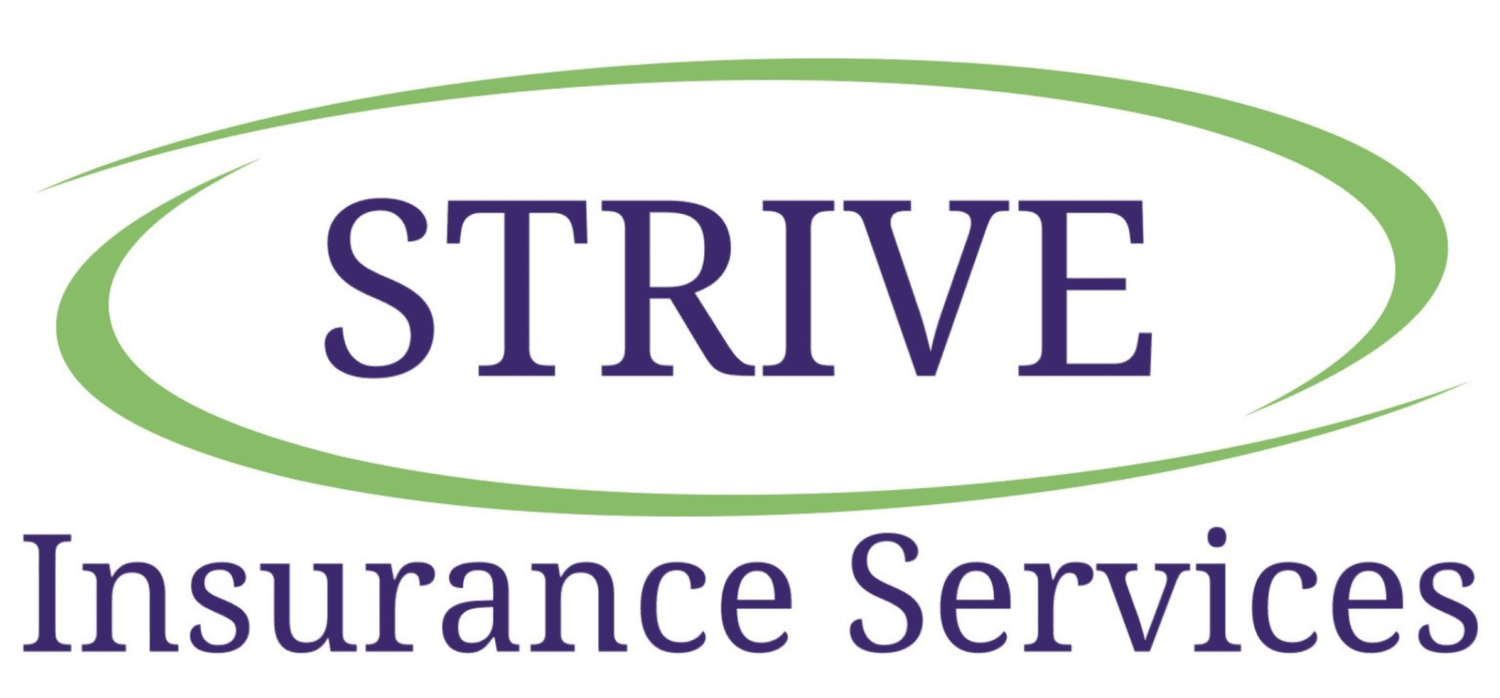How Much is Car Insurance?
The question ‘How much will it cost me to insure my car?’ is like asking ‘How long is a piece of string?’
Whilst many car insurance policies are fairly standard, there are a number of factors that will impact how much you will pay for your insurance.
1. Comprehensive vs Third-party Property Damage Insurance
Comprehensive Insurance will cover you for the cost of repairs/replacement to both your vehicle and any other vehicles if you are at fault in an accident (minus your excess – to read more about excess, click here). Third-party property damage will only cover damage to other vehicles not your own (and possibly fire and theft of your vehicle if that’s included in your policy) and is therefore a lot cheaper. You can read more about how comprehensive insurance compares to third-party and CTP by clicking here.
When considering which type of insurance you need and can afford, it’s important to consider factors such as:
· Could you afford to buy a new car if your car was totalled? If you have a car loan it will usually be a requirement of your loan that you hold comprehensive car insurance
· Could you afford towing and repairs to your vehicle? Even seemingly minor damage can quickly add up and unrepaired damage can significantly impact re-sell value if you want to sell your car down the track
· Can you go without your car if it needs repairs or afford a hire car – especially if the repairs take several weeks?
· Do you have items in or on the car that may need to be replaced after an accident? This could be anything from car seats to aftermarket accessories that could cost thousands to replace
2. Cost of Vehicle AND Accessories/Modifications
The more expensive your vehicle is, the more expensive comprehensive insurance will be. The value of aftermarket accessories and modifications on your vehicle also needs to be taken into consideration. Some insurers will require that you notify them of any accessories/modifications, whereas other insurers will automatically cover any legal and permanent modifications that aren’t on their exclusion list. It’s always important to have your broker explain to you and/or read your Product Disclosure Statement to know what might not be covered under your policy.
3. Location, Claims History and Age
Unfortunately, if you live in a location with a high crime rate/car theft rate your insurance may cost you extra, the same goes if you have a recent history of at-fault claims. Insurers essentially ‘risk manage’ by regularly analysing data and deciding how high the risk is that their customers may make a claim. The higher the risk, the higher the price to the customer.
This also applies to age. Younger, less experienced drivers will often pay a higher premium and have a higher excess to pay if they do have an accident. It’s important to review your insurance if you’re a senior as well. While seniors have lower rates of accidents compared to younger drivers, some insurers may offer cheaper premiums that reflect good driving history, while others may charge higher premiums due to age-related risk factors.
It can be worth exploring whether options such as restricting the age of drivers on your policy (beware this means children or grandchildren won’t be covered if they drive your car), seniors discounts or no claims discounts will give you a cheaper premium. When comparing policies and premiums always make sure you compare the level of cover and exclusions – not just the price. It can be a tough lesson to learn to save money on a premium only to find yourself out of pocket when you need to make a claim.
4. The Insurer
Whilst many standard car insurance policies are similar, the cost can vary significantly. It is definitely worth reviewing your car insurance annually or working with a broker. Believe it or not, insurers often count on people being complacent with their insurance comparisons and prices can jump up quickly. Market increases will occur at times, however, that doesn’t mean you can’t get the same level of cover (or better!) elsewhere at a lower price.
Insurance brokers will also take their experience working with insurers for claims into consideration when recommending an option to clients. A budget deal but a poor claims-handling experience can end up being both costly and very frustrating.
5. Policy Add Ons and Other Factors
There are often policy add-ons/removals and other factors that can impact the cost of your comprehensive car insurance:
· Window replacement
· Car hire
· Roadside assistance
· Locksmith services
· Market value (The insurer dictates the price based on the current car market, the price may fluctuate during the policy period) vs agreed value (a value agreed on between you and the insurer within reasonable parameters. The agreed value is set for the full policy period). Usually, the market value of a vehicle will drop during the policy period (as the car gets older/has more wear and tear) however we have seen an interesting impact of Covid and import issues where car values have actually increased over time!
· Increase your excess to reduce your premium. Be aware, this means if you need to make a claim you will pay a higher excess but this will be outlined in your policy schedule
If you run a business you may need to look at commercial vehicle policies or a fleet cover. Whilst these policies may be more expensive, they may offer great value for money for the number of vehicles you need to cover or the business-related factors such as covering tools or equipment that may be stored in/transported in the vehicles.
Don’t forget, it doesn’t cost anything to talk to an Insurance Broker and get quotes from them (click here to read more). This can help you better understand exactly which policy and any other factors best meet your needs and give you peace of mind for your vehicle.

